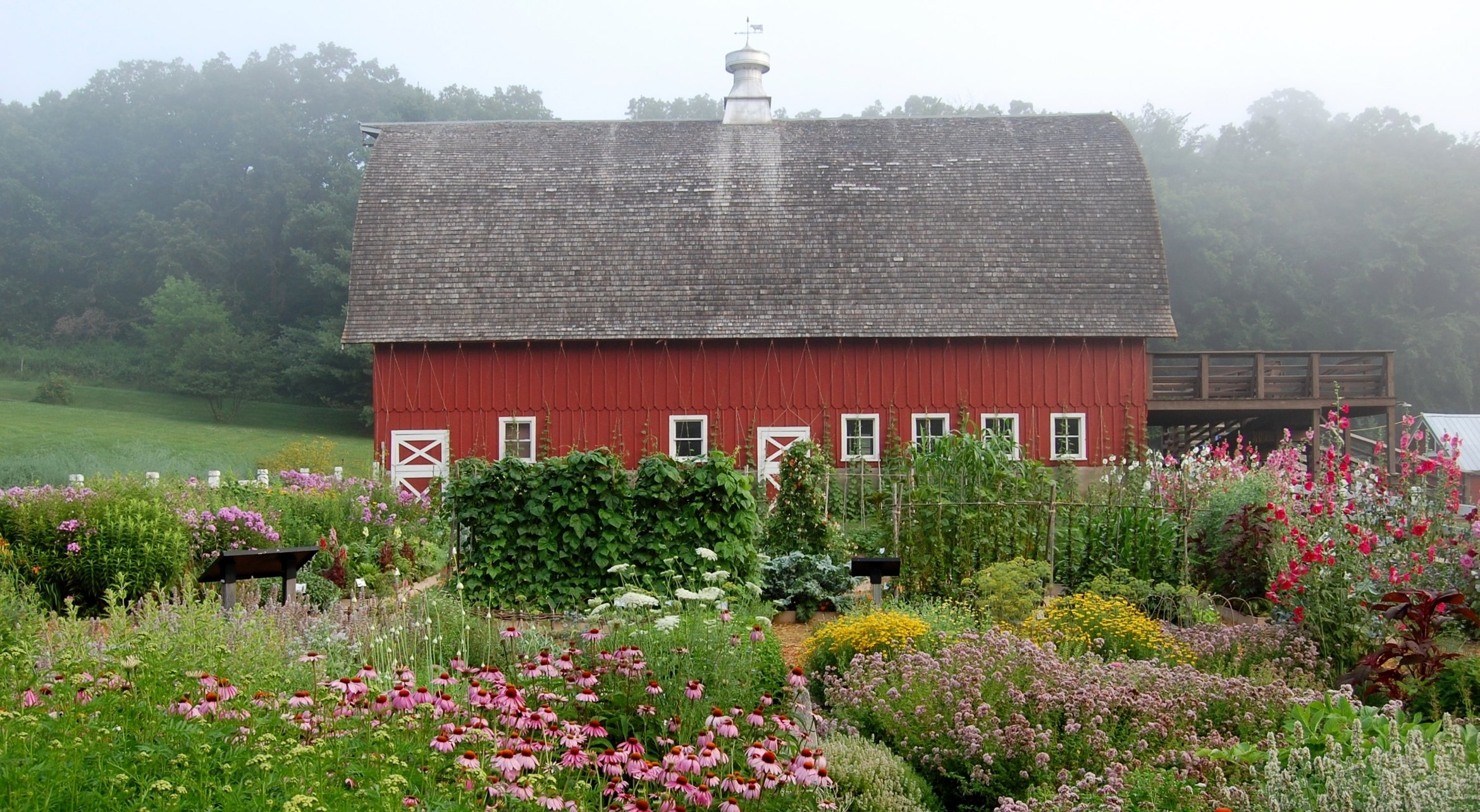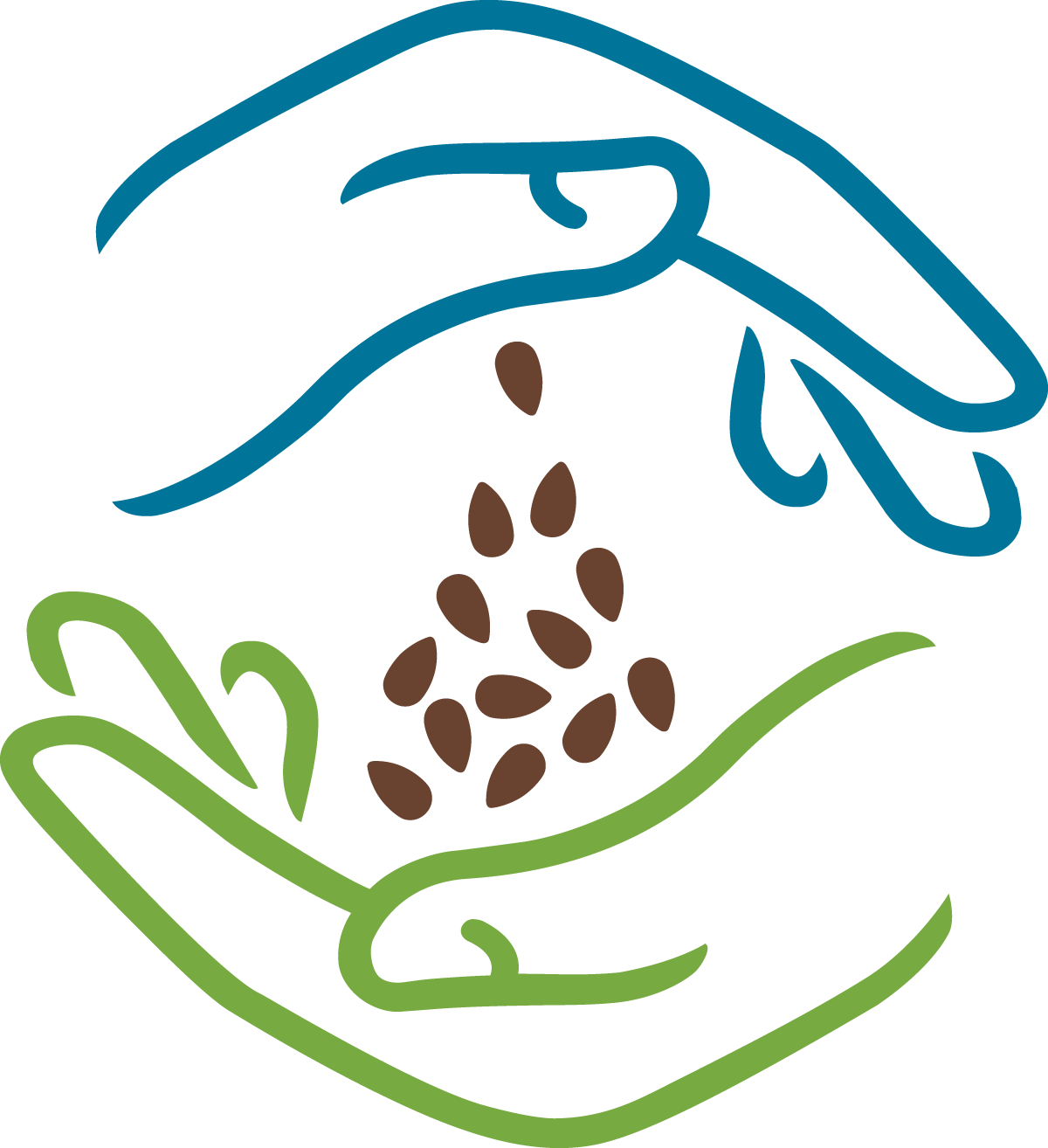Announcing SSE’s 2019 Evaluation Taste Test Winners!
/How many vegetable, herb, and flower varieties did you grow in your garden in 2019? If you asked our Evaluation team that question, the answer would be a whopping 501 varieties. Exactly 277 of those varieties were lot checks, a quality-control measure to ensure the seed grown in 2018 to regenerate for our seed bank collection is pure. Another 224 varieties were grown for evaluation purposes. Each of these varieties is measured, weighed, photographed, and (best of all!) tasted by Seed Savers Exchange staff to rank it against the rest of our collection.
Drum roll, please...here are some of our taste-test winners from 2019. All of these varieties are available on the Exchange—our online seed swap, open to all—so we hope you’ll try some this year and let us know if they’re your favorites, too!
Pictured varieties are (top, left to right) ‘Mandan,’ ‘Maryland Heirloom,’ ‘Jim Wise,’ and ‘Prostate’ squash; (middle) ‘Big Frosty’ lima bean, ‘Corazon Rosado’ potato, ‘Jaune di Poitou’ leek, ‘Ukrainian Pickling’ cucumber; (bottom) ‘Brigham Yellow Globe’ onion, TAM Mild Jalapeno I’ pepper, ‘Burmese’ okra, and ‘Old Jake’ rutabaga.
Our staff always look forward to the squash taste tests. With squash of so many different shapes, colors, and sizes in our collection, there’s always a new variety to experience. ‘Mandan,’ ‘Maryland Heirloom,’ and ‘Jim Wise’ took the top three spots in 2019, while honorable mention went to ‘Prostate,’ a naked-seeded squash thus named because the donor informed us that the oil from the seeds of this squash are good for prostate troubles.
‘Big Frosty’ lima bean has been a favorite on the Exchange since it was first offered by Lloyd Duggins in 1988 so it’s no surprise that we loved it, too. Our Evaluation team describes it as, “a truly beautiful lima bean that resembles the ‘Christmas’ lima but is less mottled and more speckled, has outstanding flavor, and is sweet and earthy with a smooth texture.”
The ‘Corazon Rosado’ potato—a landrace variety from Argentina, brought to the United States from the International Potato Center in Peru by the USDA—is starchy with a fairly sweet flavor. We had been storing this variety in tissue culture until planting it in 2019.
We believe the ‘Jaune di Poitou’ leek to be a historic commercial variety from France. William Woys Weaver brought this seed back to the United States from Alsace after receiving it from the proprietors of a seed shop who insisted they would cook with no other variety of leek.
‘Ukrainian Pickling’ cucumber beat out ‘English Telegraph,’ ‘Spacemaster,’ and ‘Yamato Extra Long,’ among others, to win our 2019 cucumber taste test. We liked this variety best when picked no more than 4-5 inches long. Sweet and fruity, it had no sign of the cucurbitacins that can lend a bitter flavor to some cucumbers.
The ‘Brigham Yellow Globe’ onion was developed by Dexter E. Brigham of Decatur, Michigan. By the 1930s, it was available from the Ferry-Morse Seed Co. of Detroit and Condon Brothers Seedsmen of Rockford, Illinois. This common onion is moderately pungent and sweet, with white flesh and light yellow-brown skin.
The Evaluation team described ‘TAM Mild Jalapeno I’ as “a superb jalapeño pepper” because of its apple-like crunch and sweetness. It was touted as the world’s first mild jalapeño when it was released by Texas A&M in 1981.
‘Burmese’ okra was donated to us by Hap Heilman, who wrote, “For the past five years, I’ve been collecting seeds from [Southeast Asia, especially Burma] and growing them for market in our organic gardens in southern middle Tennessee. ...Ourselves, our friends, and the restaurants we supply are all unanimous in feeling that ‘Burmese’ okra is superior to any other.” The uniform plants are 3-4 feet tall, while the pods are 9-12 inches long with a nutty flavor.
Donated to SSE by Neil Lash of the Medomak Valley Seed Project in Waldoboro, Maine, the ‘Old Jake’ rutabaga has a great story. Around 1993, its seeds were given to Neil by Samuel Beverage, who claims the rutabagas came from the 19th-century ‘Jacques’ shipwreck off North Haven Island in Maine. Rutabagas were salvaged from the wreckage and have been grown in the area ever since, though they’re locally referred to as a turnip.
‘Elka White’ poppy
Of course, we can’t forget our flowers! The ‘Elka White’ poppy (not edible!) has been offered in the Exchange for more than 20 years, but 2019 was the first year we grew it at Heritage Farm—and we couldn’t be happier with it! This pink-white flower was originally donated by Roberta Bailey, who wrote that it was from Slovakia via New Brunswick, Canada. This year, Kathleen Plunkett-Black of Wisconsin is listing it on the Exchange.
These fabulous varieties are just a few of the thousands of homegrown, heirloom, and open-pollinated seeds available through the Exchange.


























